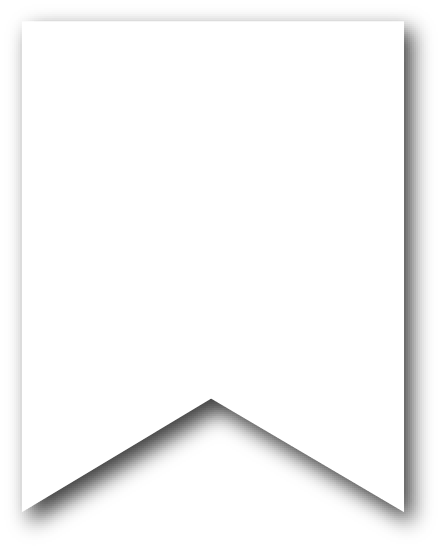Here’s a stretch of a topic for this website. June 3rd is National Black Bear Day. We’re going with it because it’s not spring in Alaska if there aren’t bears coming out of hibernation. So Happy National Black Bear Day!
Don’t forget your bear spray and all the other bear safety tips when out exploring your favorite places this summer.
The tie in for this website: Smokey the Bear is a black bear. So, we’re talking wildfire today. Check out Smokey’s webpage for ways to prevent wildfires. This post is highlighting some Alaska specific info, impacts wildfires can have on health, and resources for ways to prepare for, prevent, and react to wildfires.
Did You Know?1,2,3,4,5,6,7
- Wildfire season in Alaska goes from April 1 – August 31.
- Human-involvement triggered about 90% of all wildfires nationally.
- In Alaska, humans cause more fires than lightning. Lightning caused fires burn more acres. But the human caused fires require more resources to fight.
- Alaska experienced 384 fires that burned 253,357 acres in 2021. The number of acres burned put Alaska 7th in the country despite not being in the top ten for number of fires. (#10 on the list was Arizona with 1,773 fires).
- There’s just under 85,000 homes at risk for extreme wildfires in Alaska, putting the state at #9 in the country for the most homes at risk.
- 40 wildfires destroyed 554 structures in Alaska between 2005-June 2022.
- In Alaska, at least 144 structure fires led to wildfires from 2015-2022.
- Smoking is a leading cause of structure fires. If you smoke, make sure you appropriately put out your cigarettes before tossing them. (Check out our Fire Prevention Week post for some cigarette and e-cigarette safety tips).
- Between 2000 and 2011, there were 956 fires caused by smoking related materials on U.S Forest Lands. Alaska was home to 14 of those.
- According to Canada’s National Fire Information Database, about 11% of outdoor fires were caused by materials related to smoking from 2012-2015.
Health Impacts of Wildfires8
- Eye and respiratory irritation.
- Respiratory symptoms: coughing, wheezing, difficulty breathing, wheezing.
- Respiratory effects:
- Bronchitis
- Reduced lung function
- Increased asthma exacerbation and aggravation of other lung diseases
- Cardiovascular effects:
- Heart failure
- Heart attack
- Stroke
- Increased risk of ER visits, hospital admissions, and premature death.
- Lung term effects (i.e. over multiple fire season) are still being looked into.
Resources
- Alaska DNR Community Wildfire Protection Plans: check out your community’s wildfire plan.
- National Fire Protection Association Wildfire: provides education on wildfires, such as ways to reduce risk to your home and other property.
- AK DEC Wildland Smoke Information: find air quality info related to fires, burn restrictions, and more here.
- AK Wildland Fire Information: maps and other resources related to wildland fire.
- Wildfires – American Lung Association: provides information and videos on ways to protect your lung health. Factsheets are available for download in multiple languages. For easier access, click on your preferred language below:


Signing off with the one bear photo I have – my walk ended early that day. Now go out, celebrate your favorite black bear and let’s not cause wildfires in honor of Smokey the Bear. 🙂



